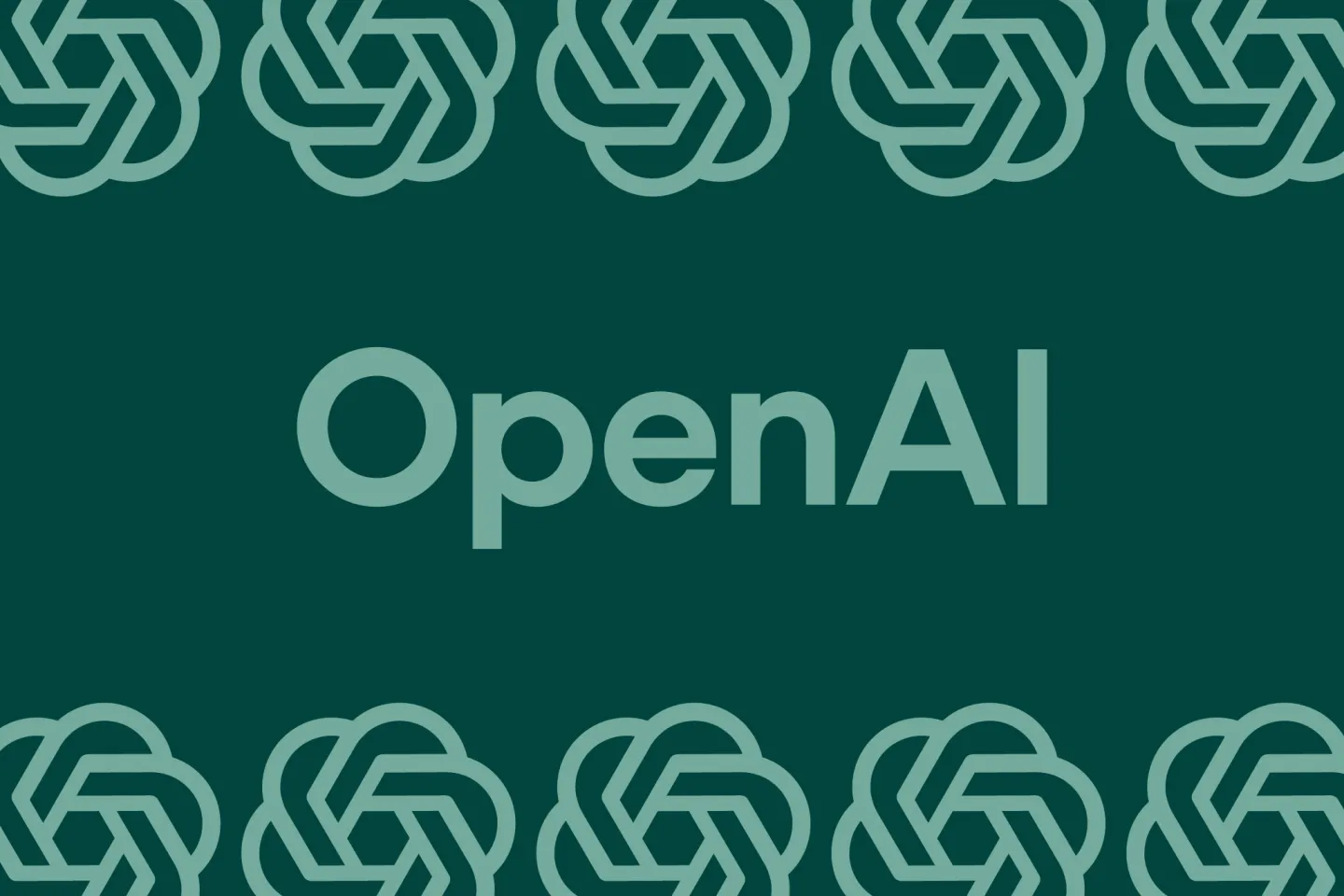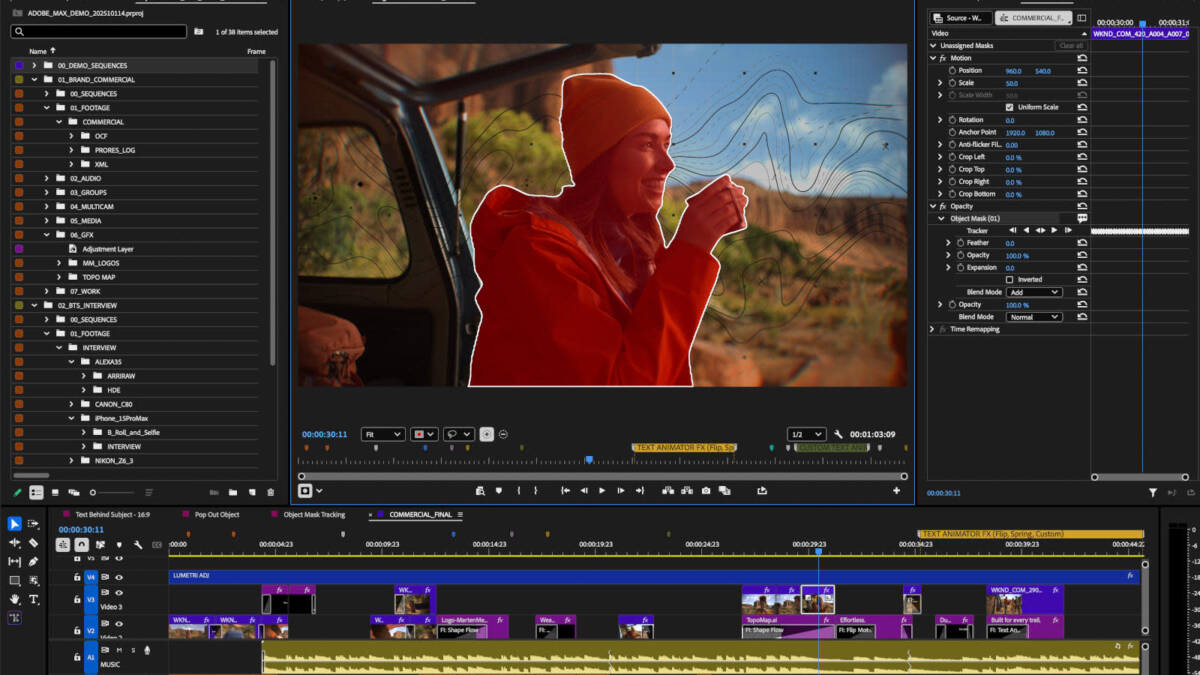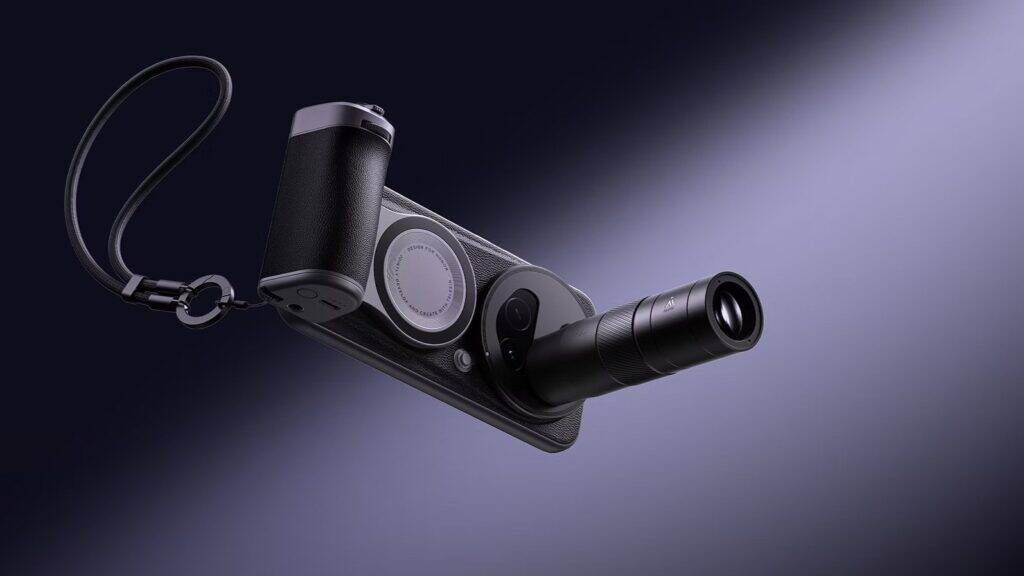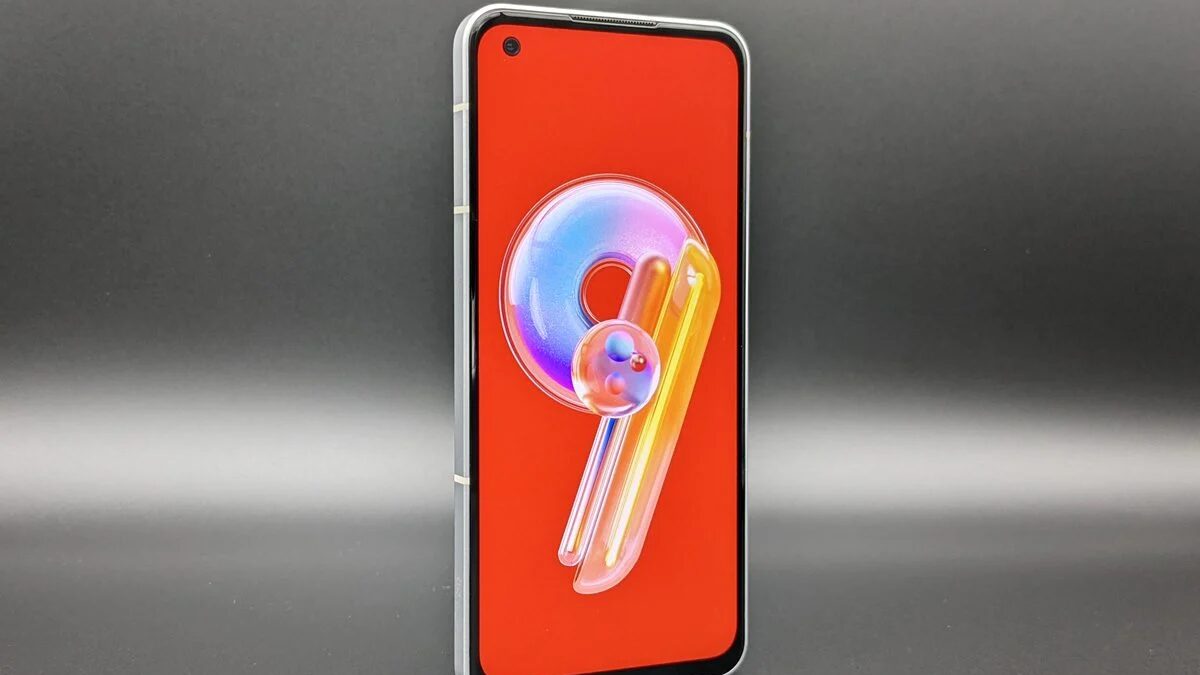IGN and CNET owners sue OpenAI for copyright infringement

Ziff Davis Media Holdings, whose portfolio includes major digital resources such as IGN, CNET, PCMag and Everyday Health, has filed a lawsuit against OpenAI. In it, the company accuses the ChatGPT developer of systematically and deliberately copying copyrighted content – without permission and ignoring technical limitations on data collection.
The lawsuit accuses OpenAI of systematically and deliberately copying copyrighted content without permission and ignoring technical limitations on data collection.
The crux of the lawsuit is the allegation that OpenAI used millions of articles published by Ziff Davis brands each year to train its AI models. This was first reported The New York Times.
“Hundreds of Full Copies: Ziff Davis demands destruction of datasets
The lawsuit alleges that OpenAI “intentionally and continuously” creates “exact copies” of original materials. Moreover, despite the indexing restrictions (robots.txt file), OpenAI allegedly processed Ziff Davis’ content anyway, removing attribution and rights from it.
The lawsuit claims that OpenAI “intentionally and continuously” created “exact copies” of the original content.
The company says it analyzed only a small portion of the WebText dataset that OpenAI opened to the public – and already that snippet contained hundreds of full copies of text from its sites. Now Ziff Davis is asking the court to order OpenAI to stop using its materials and to destroy any datasets and the models trained on them.
The court is now demanding that OpenAI stop using its materials and destroy any datasets and models trained on them.
Ziff Davis is one of the largest digital publishers, owning more than 45 media brands and employing more than 3,800 people. According to the company, it publishes nearly 2 million new pieces of content per year and averages more than 292 million unique visits each month.
OpenAI: We use public data and act within «fair use»
OpenAI responded by saying that its models “support innovation and are based on open-source data,” and that training is conducted under fair use (fair use) principles. Company spokesperson Jason Datrom said, “ChatGPT helps drive creativity, scientific discovery, medicine, and improves the lives of millions of users.”

Who else is suing OpenAI
The Ziff Davis lawsuit is part of a growing wave of litigation surrounding generative AI. OpenAI was previously sued by The New York Times, The Intercept, Raw Story, AlterNet and a number of Canadian media outlets. Meanwhile, several other publishers – The Associated Press, Financial Times, The Atlantic, Washington Post and Vox Media – have opted to enter into licensing agreements with OpenAI.
Thereby making Ziff Davis one of the largest publishers to choose to confront the AI giant. The outcome of this process could affect not only the generative AI industry, but also the approach to copyright in the age of machine learning.








